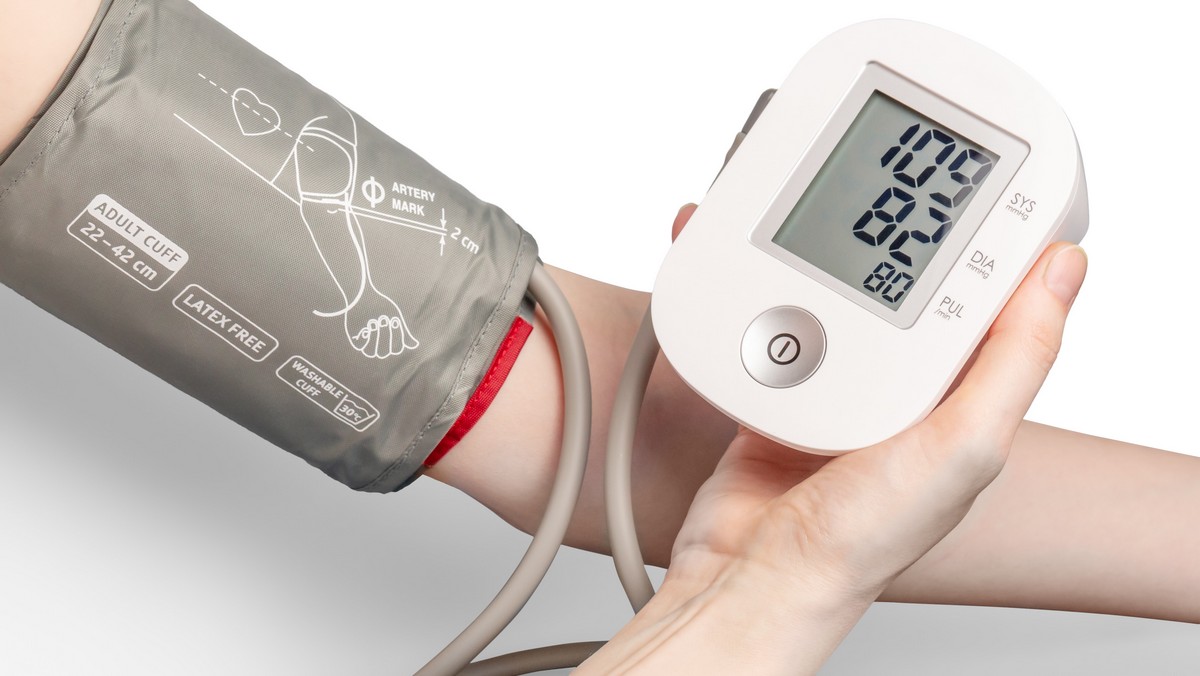Hypertension is a disproportionate increase in blood pressure. A much more dangerous disease than that of joint pain. As everyone probably correctly guesses, high blood pressure is related to blood vessels. Everything works as a whole. The heart is the pump, the blood vessels carry the blood, and the blood is kept in constant motion. And how to find out that hypertension is affecting you?
- Measurement of blood pressure
- Use of modern instruments
- Determination based on values
You can measure your blood pressure at home with the help of a measuring device. Alternatively, you can use more accurate equipment in one of the hospitals.
Start from the measured values
It is important to know what causes hypertension. Most often it is obesity, stress, lack of exercise, alcohol, excessive smoking and over-salting of food. All this leads to increased blood pressure, which should not be underestimated. It might not be worth it.
| Pressure | Systolic | Diastolic |
| Optimum pressure | Less than 120 | Less than 80 |
| Normal pressure | 120 to 129 | 80 to 84 |
| High pressure | 130 to 139 | 85 to 89 |
Hypertension of the first degree is diagnosed at a pressure of 140 to 159 and 90 to 99. Even higher values then lead to the second degree, or third degree. The latter is associated with excessively high values above 180 and 110.
Hypertension - Symptoms and lowering of blood pressure
You don't have to diagnose high blood pressure just from the readings. This type of disease also has its symptoms. It is, for example fatigue, frequent headaches, tinnitus, poor quality sleep and occasional heart palpitations. Some may even feel pressure on the chest and gasp during movement. Do not underestimate any of these causes.
Treatment of high blood pressure should definitely be discussed with the attending physician. He or she will prescribe the appropriate medication and make certain recommendations. These are in effect the opposite of what causes high blood pressure. Simply put, you should start moving more and living a healthy lifestyle. Otherwise, hypertension can cause a stroke. Heart failure, or heart attack, is no exception.



